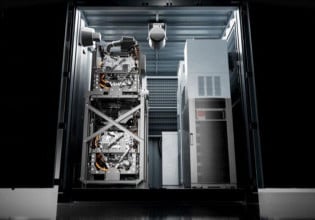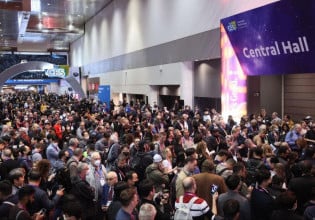Motorola Inc. (Austin, TX) reported that it has made a strategic investment in Tekion Inc. (Burnaby, British Columbia, Canada), a fledging developer of a hybrid fuel cell and battery technology for mobile products. Formed in 2003, Tekion obtained its technology through a license from the University of Illinois at Urbana-Champaign. It has received several rounds of funding. The startup hopes to commercialize its technology by 2007. Initially, it is aiming its technology for satellite phones as well as cell phones, handsets, and portable entertainment devices. Terms of the investment were not disclosed.
Tekion is developing the Formira Power Pack, which integrates a Formira-based fuel cell and a conventional lithium-ion rechargeable battery in the same small unit. Tekion is using Formira, a purified and modified form of formic acid, as the fuel for its products, as opposed to methanol. The battery provides power to the electronic device, while the fuel cell provides the energy required to recharge the battery, according to the company. The technology combines the advantages of both batteries and fuel cells and eliminates the need to carry an external device. The technology provides a competitive advantage for portable electronic products in the power range of milliwatts to 50 W, and an energy range of 10 Wh to 100 Wh.
"Our decision to invest in Tekion was motivated by its cutting-edge technology and experienced leadership in micro fuel cell development," said Motorola Ventures Equity Investments Corporate Vice President and Director Warren Holtsberg. "As mobile products have simultaneously miniaturized and increased in functionality, battery capacity has become a significant challenge. Tekion's non-flammable Formira fuel cell technology, combined with an advanced battery technology such as lithium-ion, is a practical and efficient solution. Tekion's technology will help advance Motorola's vision of bringing seamless mobility to wireless users."






